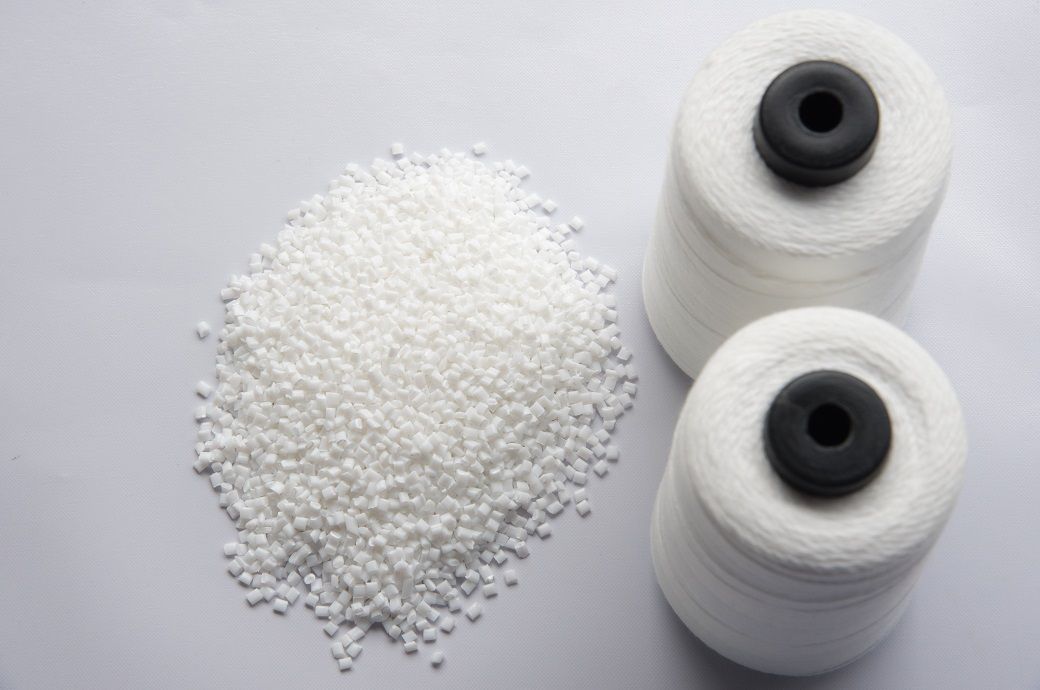
Last week, a meeting was held in New Delhi with the newly constituted Textile Advisory Group for manmade fibre (MMF). Textile minister Piyush Goyal said that the government will expedite enforcement of all the QCOs on the MMF products. The government had fixed a date of April 3, 2023, for the implementation of the QCO for the polyester value chain.
According to the government, the QCO may restrict the import of cheaper raw material. The surge in the import of polyester yarn, fibre, and upstream raw materials like purified terephthalic acid (PTA) and monoethylene glycol (MEG) has left Indian manufacturers with large unutilised production capacity.
However, trade sources in India said that there was little possibility of limiting imports because the quality of imported goods was not lower than domestic supplies. Ashok Singhal, a market expert in Ludhiana, told Fibre2Fashion, “International suppliers may face a temporary hurdle. Later, they will be able to charge even more prices on the basis of Bureau of Indian Standard (BIS) certification, which will be mandatory after April 3.” He said that currently, the Indian market did not notice the policy change because of the Holi festival and March closing. But polyester fibre and yarn will get support from supply disruption. Every manufacturer, domestic or international, will have to secure certification from the BIS. He said that the prescribed standards are not too stringent.
A senior official from India’s top polyester manufacturing company told F2F, “India will emerge as a major production hub of man-made textile products because of the standardisation of the polyester value chain. The step is in line with the government’s long-term strategy.” The government is pushing the textile industry towards man-made fibre so it can grow faster. Currently, the industry is more dependent on cotton fibre.
Fibre2Fashion News Desk (KUL)